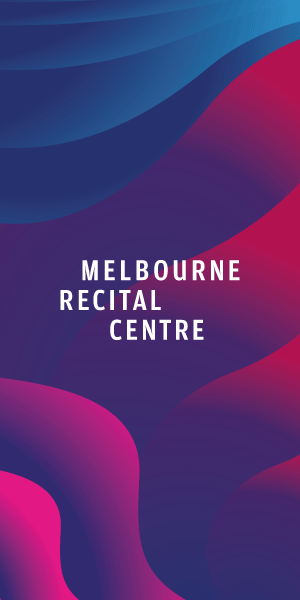High-rise public housing residents’ welcome new community health program
Carlton’s high-rise public housing is set to be supported by a new community health program which will see residents employed to assist with health promotion and connection services.
The state government announced it would deliver a program called Community Connectors which will build on the “lessons learnt and successes” of the High-Risk Accommodation Responses (HRAR) program, which was provided by community health services across the state during the pandemic.
The new program will see teams of residents employed to act as a “connector” to link people to preventative and early intervention health and social services as well as access to vaccinations and testing.
It comes as funding for the health concierge program, a partnership between cohealth and the Department of Health and Human Services (DHHS), ended on June 30. It had proven vital in disseminating health information during the pandemic as well as monitoring the health and wellbeing of residents at high-rise towers.
This prompted Victorian Greens leader and Member for Northern Metropolitan Region Samantha Ratnam to call on the state government to urgently renew the HRAR funding as “community organisations will leave the estates and so many great local programs will end”.
Hodan Noor, a high-rise public housing resident on Lygon St and former health concierge, said while the Community Connectors program was a positive measure in which community members welcomed, the “modalities of how they will function are not clear still”.
“We still hope all HRAR teams will be given priority for employment without any HR bureaucratic bottlenecks in the hiring process and interviews to sieve through every other applicant,” she said.
“The people need quick help now; people are just wondering how the DHHS left them at the time they needed them the most. The new variant of COVID-19 is taking its toll on the community, the people in Carlton are confused, perturbed and too many parents and their kids are sick, with no clear information on where to get help.”
A Victorian Government spokesperson said Community Connectors would “in many cases” continue to employ residents who had been supported during the COVID-19 emergency.
“By leveraging existing community connections and embedding resident voice into the community health partnerships, the program will increase access to health services and improve well-being outcomes amongst communities,” the spokesperson said.
“It will also create sustainable employment pathways for residents and work together on localised health and wellbeing responses in partnership with residents and local communities.”
The program will also connect residents to social care services where relevant, such as family violence, child and family services, financial aid, and food relief.
In the meantime, Ms Noor said with hospital wait times blowing out in emergency departments, “we have to get quick solution for the people”.
“They need vaccinations, they need testing kits, masks, sanitisers as usual and of course nurses/lab techs for the PCR tests as the usual RAT tests don’t show these new variant strains and chronic cases of flu,” she said.
After funding ended for the health concierge program, Ms Noor has volunteered in the community with Cohealth supplying her with masks and RAT tests, however, this is “not able to reach everyone due to a lack of funding support to facilitate many people distributing it”.
The state government will fund the $8.5 million Community Connectors program that will support public housing high-rise communities across the inner suburbs of Melbourne including Carlton and North Melbourne.
Cohealth chief executive Nicole Bartholomeusz said the health concierge model had been a “gamechanger” and “we must not forget the lessons learned about the value of community empowerment in improving people’s own health and wellbeing”.
“We are incredibly grateful to the residents who stepped up to work on the frontline to make sure communities hardest hit by the pandemic had the support they needed.”
The Victorian Healthcare Association said while it welcomed the additional funding and continued focus on supporting Victorians in high-risk settings, it raised concerns about the impacts of short-term funding for programs like HRAR. •
Caption: Hodan Noor, a high-rise public housing resident, has welcomed a new health program to their community but warned “clear information” was needed.

Residents win fight to save laneway from development in East Melbourne





 Download the Latest Edition
Download the Latest Edition